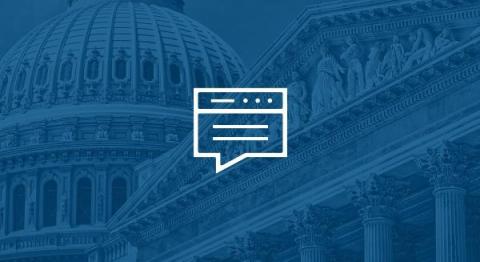Abusing BOINC: FakeUpdates Campaign Bundling Malware with Legitimate Software
Beginning in early July 2024, Arctic Wolf responded to multiple SocGholish/FakeUpdate intrusions that resulted in a seemingly benign payload being delivered as a second-stage download. The zip file payload contained software from the Berkeley Open Infrastructure for Network Computing (BOINC) project, open-source software that allows users to contribute computing power to scientific research projects focused on solving complex calculations.








